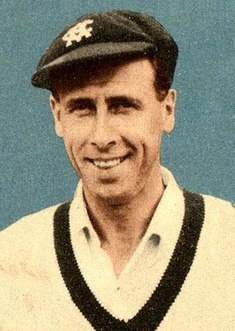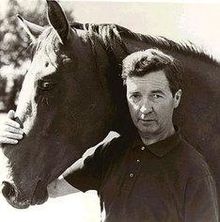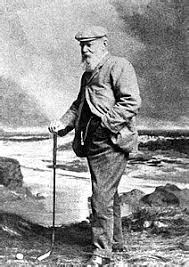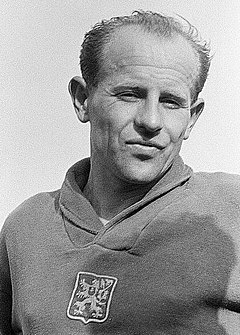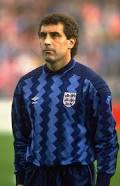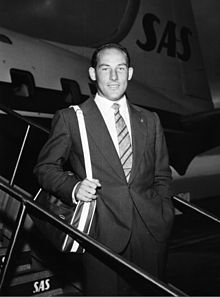On the 20 September 1969, the 18th Ryder Cup Matches began at the Royal Birkdale Golf Club in Southport, England. The competition ended in a tie at 16 points each, the first tie in Ryder Cup history.
The US team retained the Cup when America’s Jack Nicklaus conceded a three-foot putt to Britain’s Tony Jacklin at the 18th hole, in one of the most famous gestures of sportsmanship in all sport. After holing his final putt for par, Nicklaus picked up Jacklin’s ball marker and told him, ‘I don’t think you would have missed it, but I wasn’t going to give you the chance, either.’
The matches were marred by considerable acrimony and unsportsmanlike behavior by players on both sides. This led to Nicklaus conceding Jacklin’s final putt with the knowledge that the overall competition would end in a draw.
Jacklin had won the Open Championship two months earlier at nearby Royal Lytham & St Annes to become the first British champion in eighteen years. Playing in his first Ryder Cup at age 29, Nicklaus’ gesture became known as ‘the concession’ and marked the beginning of a lasting friendship that spanned a half century.
The Ryder Cup is a match play event, with each match worth one point.
From 1963 through 1971 the competition format was:
Day 1 — 8 foursomes (alternate shot) matches, 4
each in morning and afternoon sessions
Morning foursomes: GB 3 ½
– USA ½
Afternoon foursomes: GB 1-
USA 3
GB 4 ½ – USA 3 ½
Day 2 — 8 four-ball (better ball) matches, 4 each
in morning and afternoon sessions
Morning fourballs: GB 2
1/2 – USA 1 ½
Afternoon fourballs: GB 1 – USA
3
GB 3 ½ – USA 4 ½
Day 3 — 16 singles matches, 8 each in morning and
afternoon sessions
Morning singles: GB 5 –
USA 3
Afternoon singles: GB 3-
USA 5
GB 8 – USA 8
RESULT: GB 16 – USA 16
All matches were played to a maximum of 18 holes.
Teams:
Great
Britain: Eric Brown, Scot. [Non-playing captain]; Peter Alliss, Eng; Brian
Barnes, Scot; Maurice Bembridge, Eng; Peter Butler, Eng; Alex Caygill, Eng;
Neil Coles, Eng; Bernard Gallagher, Scot; Bernard Hunt, Eng; Tony Jacklin, Eng,
Christy O’Connor, Snr, Ire; Peter Townsend, Eng.
USA: Sam Snead [Non-playing captain]; Tommy Aaron; Miller Barber; Frank Beard; Billy Casper; Dalel Douglass; Raymond Floyd; Dave Hill, Gene Littler; Jack Nkcklaus; Dan Sikes; Ken Still; Lee Trevino.
20 September 2019
